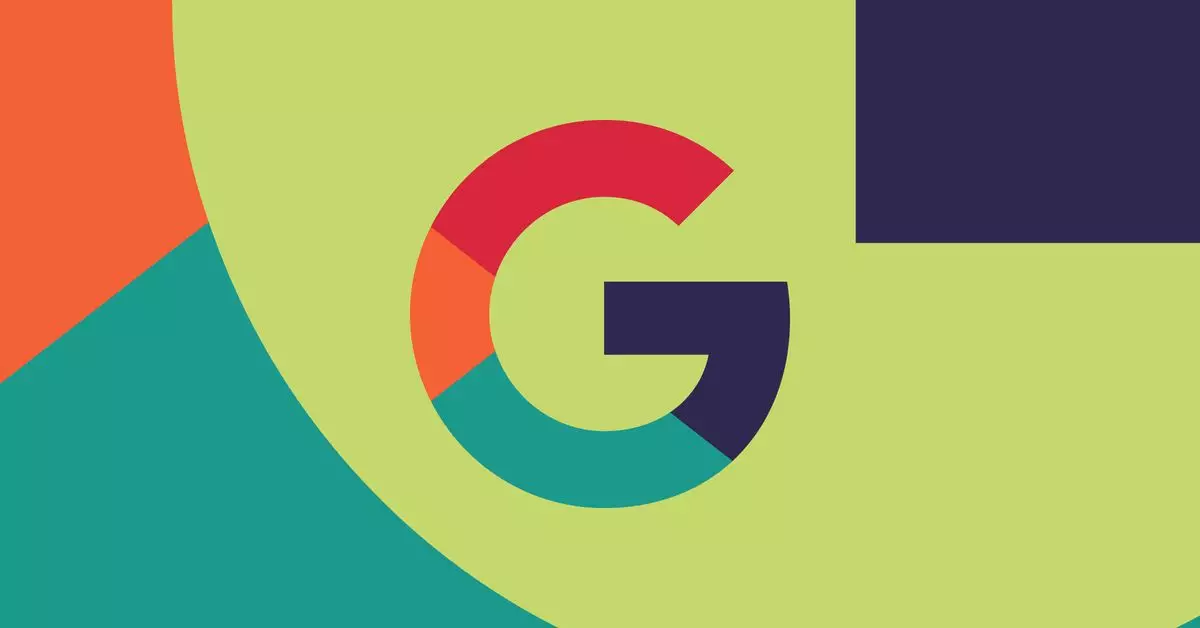Google has undeniably become one of the leading tech companies in the world, with its strategic focus on artificial intelligence (AI). As the highly anticipated arrival of the Pixel 8 nears, consumers are eagerly awaiting to witness how Google plans to integrate AI into our daily lives. With the company’s recent ventures into generative AI, it is clear that Google aims to revolutionize how we interact with technology. However, it is crucial to critically analyze the potential limitations and challenges that come with these advancements, such as processing power and the need for further development. This article will explore Google’s commitment to AI and its implications for the upcoming Pixel 8 release.
Google showcased numerous AI-powered features at its I/O event earlier this year. These included tools designed to assist users in various tasks, such as composing emails, drafting job descriptions, and creating templates. While some of these tools proved useful, others fell short of expectations. For instance, Google Assistant on a Pixel 7 Pro failed to fulfill a basic command of sorting through and deleting unimportant emails. This raises concerns regarding the reliability and effectiveness of AI assistants in managing our daily digital tasks. The hit-or-miss nature of Google’s generative AI tools emphasizes the need for further refinement and improvement.
Introduced as a competitor to Bing, Google’s chatbot, Bard, failed to impress initially. However, subsequent updates have made it more useful, especially when integrated with Gmail and Google Docs. Users can now seamlessly scour their personal emails for important messages, showcasing the potential usefulness of AI in organizing and presenting relevant information. Nonetheless, it remains to be seen how Google will continue developing Bard’s capabilities and addressing any privacy concerns that may arise from granting it access to personal information.
As the Techtember season reaches its peak, Google’s upcoming hardware event promises to unveil the highly anticipated Pixel 8. With the company’s steadfast commitment to AI, one can anticipate a device that seamlessly integrates various AI-driven features into our daily lives. While generative AI tools, such as email composition, may not be universally appealing, the potential for an AI assistant on a phone holds promise. Imagine a device capable of summarizing important emails, interpreting them into reminders or to-do list items, and even offering contextual suggestions based on your calendar and weather updates. Despite the excitement surrounding the Pixel 8, it is important to approach these expectations with cautious optimism, as full-fledged AI integration in smartphones may still require further development and refinement.
One of the major challenges in implementing AI on smartphones is the demanding processing power required for complex tasks. To tackle this issue, Google has developed its custom Tensor chips to enable on-device processing. However, there are concerns about the efficacy of these chips, given the prevalent complaints regarding overheating in the Pixel 7 phones. The limitations of Tensor G3 present obstacles in achieving the desired on-device AI capabilities. While processing power remains a challenge, the Pixel 8 launch may shed light on how Google plans to overcome these hurdles and pave the way for future advancements in AI integration.
Although the Pixel 8 may not fully embody the vision of a comprehensive AI assistant on our phones, it serves as a stepping stone towards that goal. Google’s cautious approach to integrating generative AI, along with its commitment to further development, is commendable. The features announced at I/O, while still in beta, demonstrate Google’s dedication to harnessing the power of AI. As technology continues to evolve, future iterations of the Pixel series may propel us into an era where AI seamlessly assists us in our daily lives.
Google’s foray into AI-driven technologies has sparked anticipation for the upcoming Pixel 8 release. While promises of enhanced productivity and convenience are enticing, it is essential to adopt a critical perspective on the potential barriers that AI integration faces. Processing power, refinement of generative AI tools, and privacy concerns are among the challenges that Google must address. Nevertheless, the Pixel 8 will undoubtedly provide a glimpse into the future of AI and its role in transforming our smartphones into intelligent personal assistants.


Leave a Reply